Three civilians are reported to have died in military captivity in Kashmir; Indian officials promised to look into the claims. Four troops were killed in an Indian army truck attack by rebels, and subsequent reports of killings and torture followed.
The Indian army has opened an inquiry into the reported deaths of three civilians who were detained by the military in the disputed region of Kashmir.
Police verified that the three individuals were part of an eight-person group taken into custody by the army at Poonch, near the border between India and Pakistan across the Himalayan region.
After militants ambushed Indian army trucks in Poonch woods last Thursday on their way to an army outpost, killing four troops, locals said the civilians had been held for questioning.
The news agency AFP has quoted a senior police source in Kashmir as saying, under condition of anonymity, "The army has ordered a Court of Inquiry to investigate the circumstances which led to the deaths of three civilians."
Following the attack on Indian forces, internet services were suspended in Poonch and the nearby Rajouri district.
The ambush was the region's fifth significant attack against Indian troops in recent months. Twenty-four members of the security force died as a result of the attacks.
Abusive video posted on social media
Over the weekend, video allegedly capturing Indian forces assaulting some of the prisoners was released and extensively circulated on social media.
The Indian Express newspaper was informed by 52-year-old Mohammad Ashraf that he and the other prisoners had been undressed, assaulted, and had had chilli powder applied to their open wounds.
During the investigation, three army officers had been transferred from their regular positions.
In the Muslim-majority region of Kashmir, India maintains a permanent army strength of around 500,000. The nation's leadership asserts complete sovereignty over the partitioned region, much like Pakistan, India's fiercest adversary.
Parts of Kashmir, which has seen conflict for many years, are currently under the jurisdiction of each nation.
News Source: Reuters/AFP



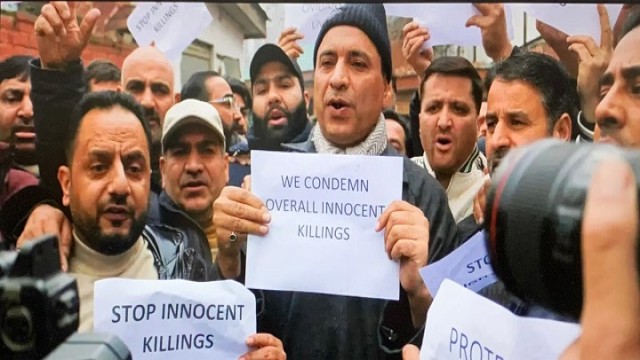

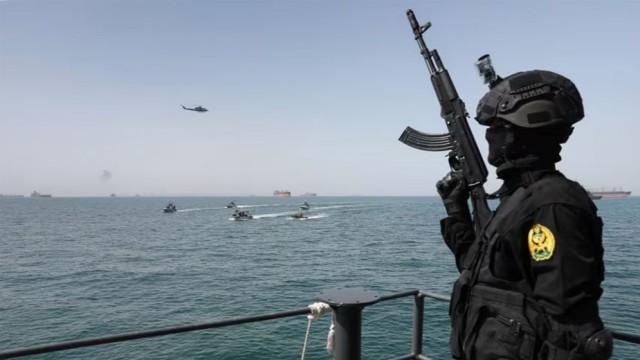




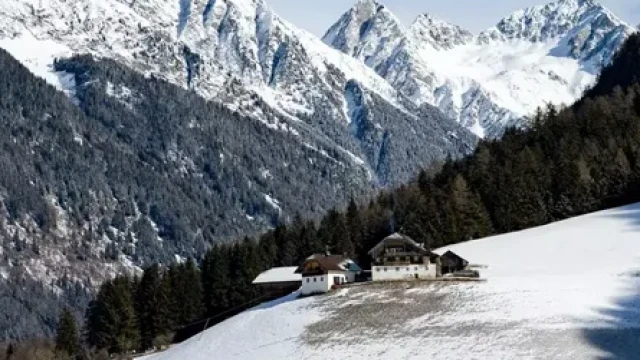
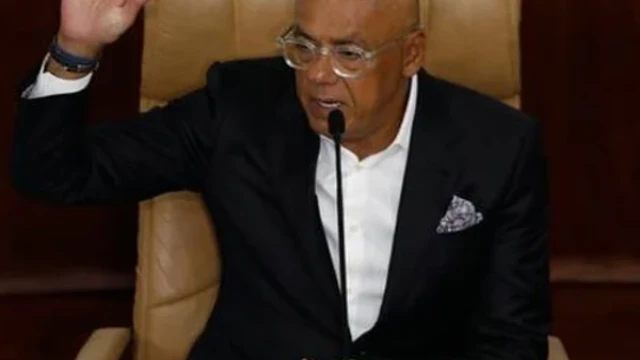
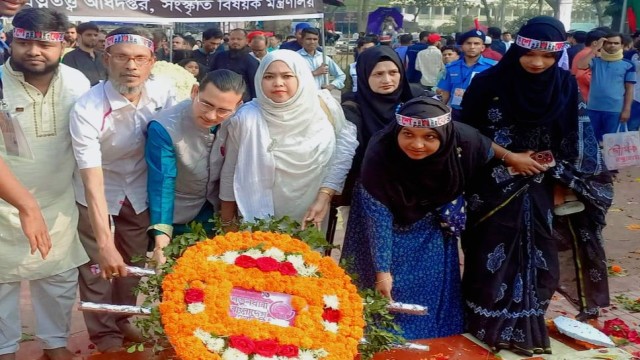


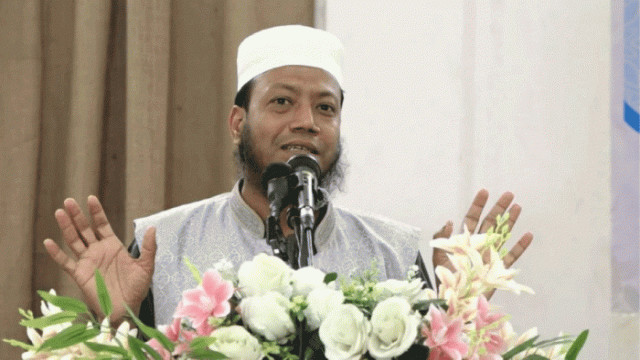
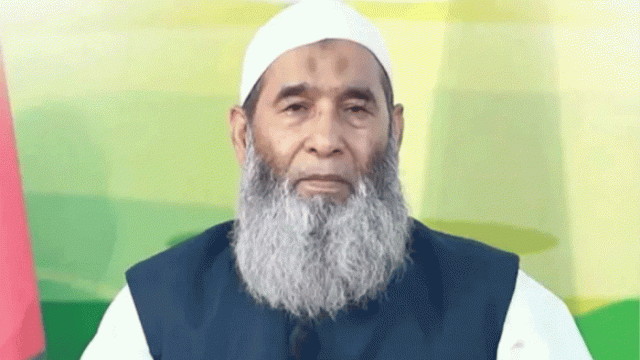

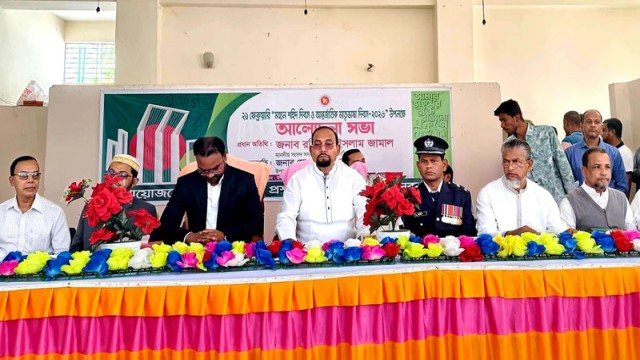









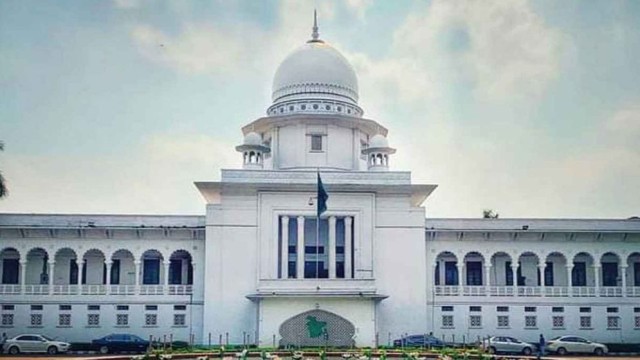

Comment: